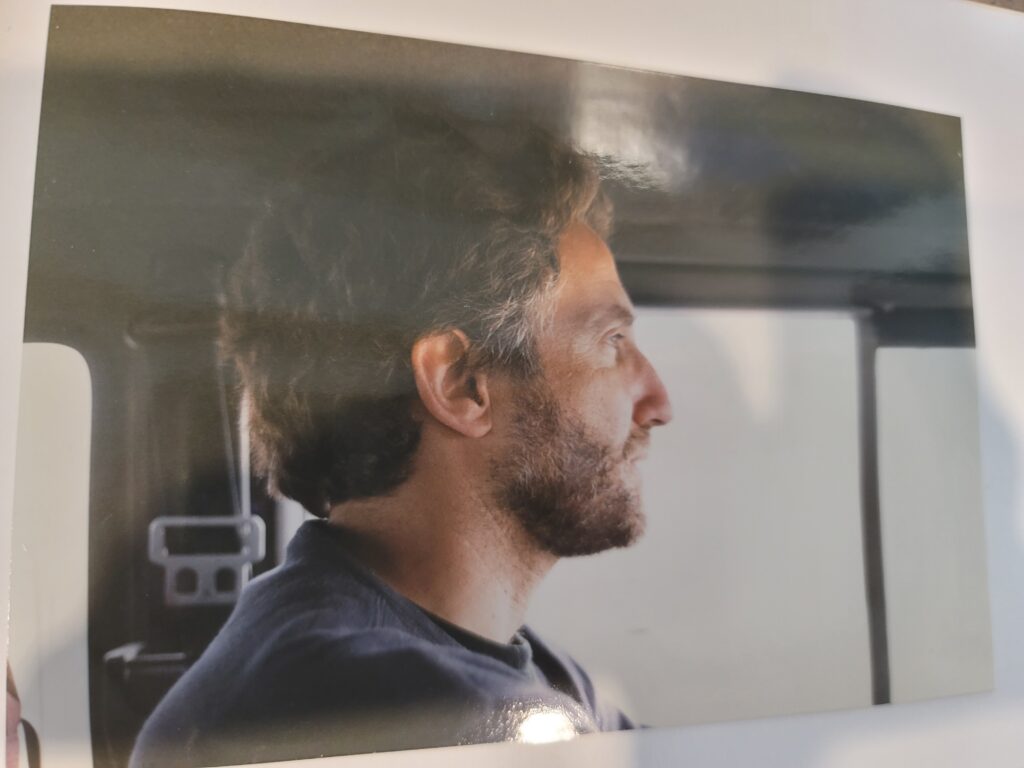
I went back. After I returned home from my first trip to Bosnia and walked into my house, I saw my wife and infant daughter who would remind me in later years that that was the first time she had ever seen me cry (there would be many more), I was contacted by British Actor’s Equity, of which I was a proud member, who informed me that money had been collected for the besieged actors in Sarajevo from all over Europe, but nobody could be found to deliver the money that had been converted to Deutschmarks which was the active currency in the war zone. I volunteered, and bought a pouch I could strap to my leg under my pants from my local camping store, in which I stored the cash. I didn’t take it off my leg until the cash was delivered.
After that first trip, I wrote a diary article for the International Herald Tribune, which they and the New York Times published:
The article caused hundreds of people to journey to Bosnia to volunteer, I was told. On my return journey, crammed into one of two Volkswagen vans, I found myself sitting next to some of those volunteers who were anxiously awaiting their introduction to war. Upon arriving at the headquarters I found that conflict does indeed breed strange bedfellows. The volunteer truck drivers who had arrived after my first trip had commandeered a truck each, reducing me to a mere passenger on the rock-strewn dirt road across Mount Igman, across the airport runway known as Sniper Alley, and into Sarajevo, the once glorious home of the Winter Olympics, but now a gutted shell from the Serbian snipers shooting at civilians crossing the streets or bombing crowded marketplaces from the surrounding hillsides that were once competitive ski slopes. We spent our first night in Sarajevo sleeping on the ground under the trucks inside the walls of the police station where the only running water was a trickling spigot next to an outhouse. The next day I found the theater and handed the cash over to its director who promptly invited all the drivers to sleep on the floors in the theater dressing rooms, an offer we gratefully accepted.
The journey home was uneventful and that was the end of my Bosnia adventure, or so I thought. Two weeks after my return I received the news that Neil Golightly, the gentle giant who ran the operation in Split had been killed on his next journey on the very same road we had driven into Sarajevo. He was driving in the rain at night in order to evade sniper fire. His truck had plunged off the dirt road built by the British Army into a ravine and struck a boulder, killing him and his driver instantly. I attended his funeral in Glasgow as did all the other drivers. As we stood over his open grave, throwing handfuls of freshly dug soil onto his casket, I stood next to his weeping mother, holding her arm as she leaned into me and whispered gently in her soft Scottish lilt “I don’t understand any of this.”
The war in Bosnia ended on Nov. 21, 1995, when a mediated peace settlement was reached. The mediation was led by the chief U.S peace negotiator Richard Holbrooke.
IF you are enjoying this Newsletter, please leave a comment or press “Like” and share it with your network. Better yet, you can go to my website magnummediation.com, and let me know what you think.
